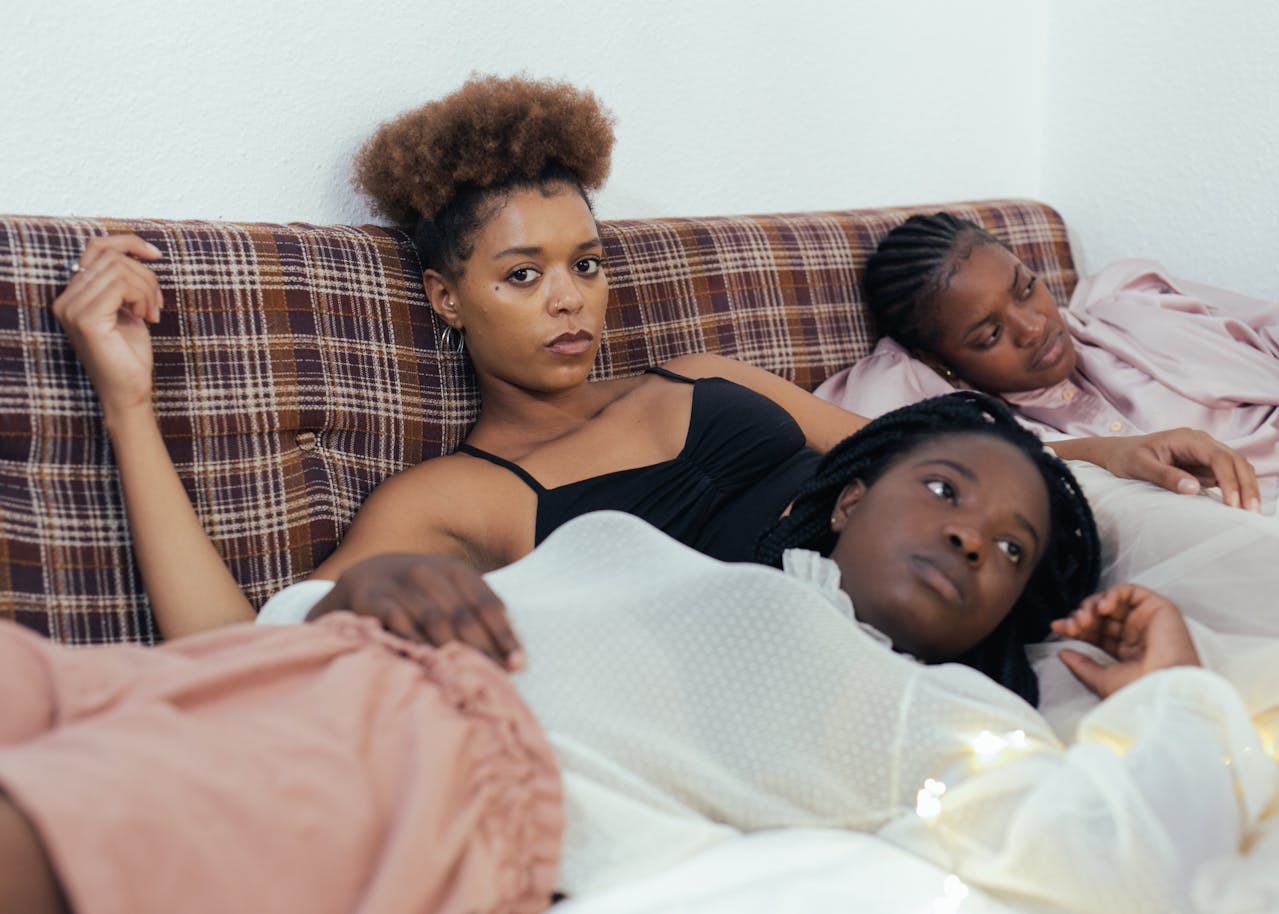A “third place” (or interchangeably known as a “third space”) is a concept introduced by sociologist Ray Oldenburg in his book “The Great Good Place,” published in 1989. Oldenburg proposed that people have three main places in their lives: the “first place” is their home, the “second place” is their workplace or school, and the “third place” is a social space where individuals can gather, interact, and build community outside of home and work.
Third places are typically informal and comfortable environments that foster social interaction, conversation, and a sense of community. Examples of third places include coffee shops, pubs, community centers, parks, and other public spaces where people can come together in a relaxed and sociable atmosphere. Think Central Perk from the show Friends or the comradery in the Barbershop in the movie Barbershop.
The Loneliness Epidemic
These places play a crucial role in building social connections, fostering a sense of belonging, and enhancing overall well-being. The concept of third places highlights the importance of socializing beyond the confines of home and work for a healthy and vibrant community life. This is almost becoming a lost art, especially since the start of the COVID-19 pandemic. We already live in a world that has become so technologically advanced that interacting with other people is not always necessary as jobs, schools and more can be virtual. However, factoring in the pandemic and lockdown made this already generally lonely society completely isolated. The US Surgeon General called attention to the country’s loneliness public health crisis in May of 2023, noting half of the adults in the country experienced feeling lonely even before the pandemic. On top of all of this, a specific community still experiences disproportionate isolation compared to other groups: Black women.
Black Women Experience More Loneliness Than Any Other Group
Black women can often live a life of misunderstanding and loneliness as the experience of Black women is comparable to none. According to Vanessa Russell for The Roots Of Loneliness Project, multiple studies have found that Black women experience more loneliness than Black men. Combine this with the fact that Black people in general have been found to be the loneliest demographic in America by the National Academies of Sciences, Engineering, and Medicine and it puts into perspective the effects of this epidemic on Black women. The need for community in Black women is crucial, they need a third place.
Societal and familial expectations for Black women have always be strong. Caring for others and never being vulnerable (plus other unique experiences such as misogynoir) are some of the main causes as to why Black women can feel so lonely. Black women deserve a place where they can just show up and be. They deserve to exist peacefully in a third place without expectations, even if just for a moment. And these third places do not have to involve social interaction, for those that find it anxiety inducing but still want community. Emily Mcgowan for The Good Trade wrote, “These locations can offer us a space to be by ourselves and read or write, while still having someone remember our drink order or compliment our haircut. It’s where we can find solitude without loneliness.”
Third Places for Black Women
There are many Black Americans attempting to make third places for other Black people, and specifically Black women. This includes places like The Third Place, thirdspace Action Lab and korédé House. Ronke Faleti founded korédé House, a third place made for women and mothers in St. Louis. The space offers various rooms and resources for women to work, socialize, rest or whatever else they need to take care of themselves. It is not exclusive to Black women, but most of korédé House’s guests are.
Faleti told St. Louis Public Radio, “We are constantly not only as women, but particularly as Black women, trying to prove that we deserve to be where we are. I just think that this offers some options for achieving all the things you need to achieve and also options to physically, mentally and emotionally just stop for a minute … and just breathe.”
Korédé House requires a membership to be paid monthly as it is a third place business. However, other local businesses or free communal places can serve the same purpose. Check out a local coffee shop, nearby park, bookstore, bar, gym, garden and more to be your third place. Also, if you are a Black woman looking for a third place surrounded by other Black women, consider looking into local organizations or groups made specifically for others like you.
No matter where it is, it is important that you as a Black woman have a third place where you can go for a sense of community, a break, socialization or whatever it is you need to feel whole.
